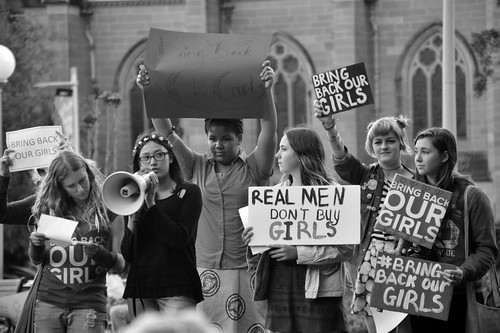3.3 Changes in Economy and Society
The Common Good
Most people would tend to agree with the stance that our developments in science and technology should adhere to, or at least not be entirely counter to, our notions of the common good, not harming others, not causing further hardships, etc. After all, most people view science and technology as a positive force in society. However, this cannot always be assumed. Further, how we go about making sure society actually does benefit from innovations and new knowledge is not always straightforward, particularly in considering cutting edge research. There are three basic areas worthy of deeper analysis when considering the broader impacts of a given development trajectory.
Distributive Justice (equity)
Are the costs, harms, and benefits of nanotechnologies being distributed equitably over society? Can energy technology be used to improve the least well off first? Are certain populations more at risk from energy production than others (children, poor, elderly)?
Procedural Justice (due process)
How are decisions about energy and environment regulation being taken into account, and who is making the decisions and choices? If groups or individuals are going to be impacted by the development and application of certain energy technologies (i.e., stakeholders), are they included in the decision-making process? What sort of representation and proof of risk must an organization provide before moving forward with a new product or process?
Intergenerational justice (long-term)
Choices made now about infrastructure, investments, longevity, and risk can have implications for generations to come. For example, once the decision was made to develop nuclear technology, a choice was also made for many, many generations to follow. Infrastructure that is developed also needs to be maintained, or allowed to go to waste. All of these imply costs and opportunities (gained and lost) for decades, centuries, and in some cases, millennia.
Three main social justice concerns
- equitable distribution of benefits and harms
- fair and representative decision-making processes
- consideration of the needs of future generations
